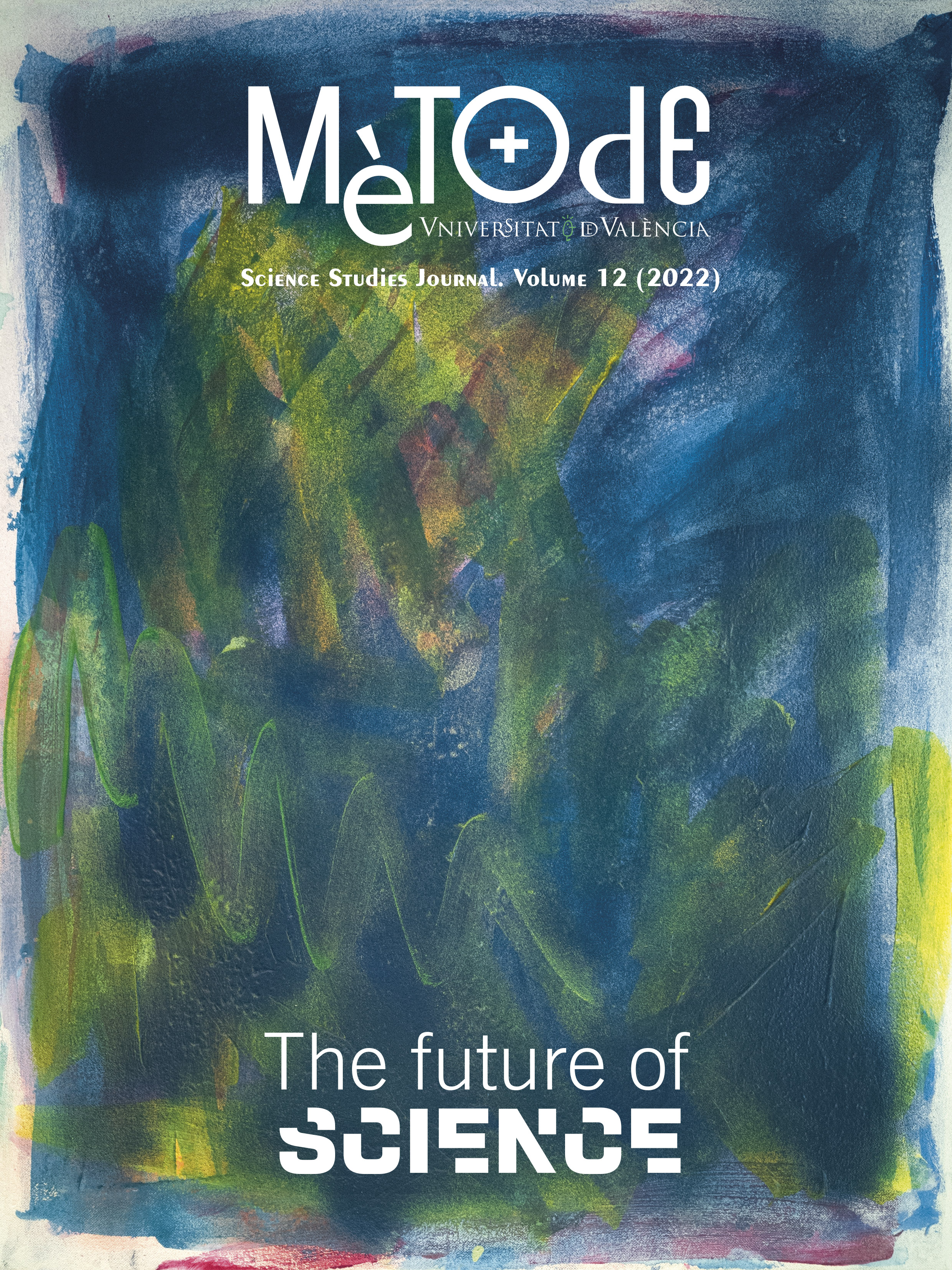Editorial
DOI:
https://doi.org/10.7203/metode.12.23736 Resum
Resum
The last two years have undoubtedly been marked by the COVID-19 pandemic. While 2020 was the year in which we discovered SARS-CoV-2 and its consequences for human heath, economy, and our way of life in general, 2021 was the year of the vaccines. We have now started a more hopeful 2022, precisely because of the positive impact of the vaccination effort. Vaccination has also evidenced a two-fold duality: on the one hand, between the countries that have had access to the vaccine and those where it is not yet accessible. This has highlighted the lack of solidarity in a world where local events lead to global consequences. On the other hand, however, we have also witnessed an internal duality in countries that have monopolised vaccination resources: among those who had access to vaccines, anti-vaccination and anti-science movements have emerged that have undermined vaccination effectiveness. Hence, while in Spain more than 80 % of the population has received the COVID vaccine (with percentages close to 100 % among the elderly and other groups most vulnerable to the disease), in the USA and other European countries, reluctance to vaccinate has led to the governmental vaccination plans stalling. This paradox has meant that countries with large reserves of vaccines still have high percentages of unvaccinated citizens, while in some parts of the world vaccination coverage is still below 3 %.
 Descàrregues
Descàrregues
Descàrregues
Publicades
Com citar
-
Resum567
-
PDF 766
Número
Secció
Llicència
![]()
Tots els documents inclosos en OJS són d'accés lliure i propietat dels seus autors.
Els autors que publiquen en aquesta revista estan d'acord amb els següents termes:
- Els autors conserven els drets d'autor i garanteixen a la revista el dret a la primera publicació del treball, llicenciat baix una llicència de Reconeixement-NoComercial-SenseObraDerivada 4.0 Internacional de Creative Commons, que permet a altres compartir el treball amb un reconeixement de l'autoria del treball i citant la publicació inicial en aquesta revista.
- Es permet i s'anima els autors a difondre la versió definitiva dels seus treballs electrònicament a través de pàgines personals i institucionals (repositoris institucionals, pàgines web personals o perfils a xarxes professionals o acadèmiques) una vegada publicat el treball.





